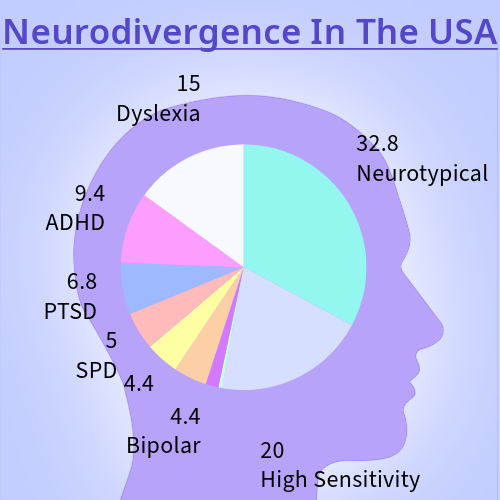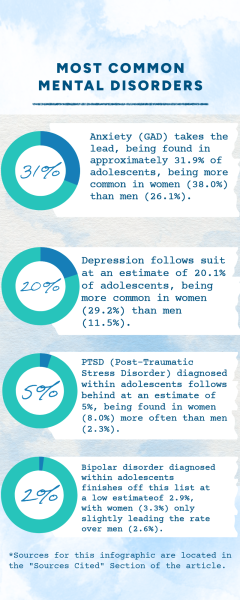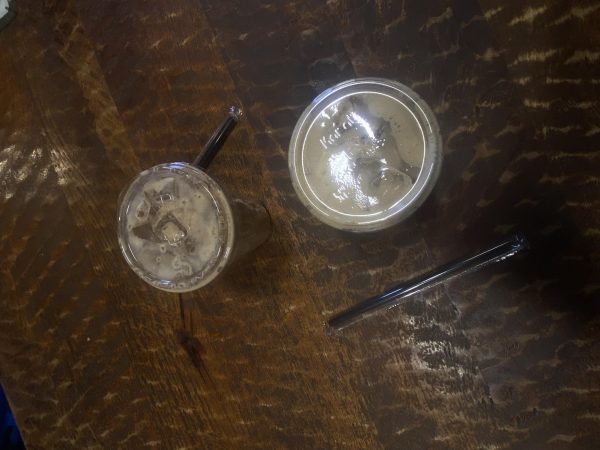It’s time for a Missouri bottle bill
The state of Missouri has never before had a bottle bill. Bottle bills, or container deposit bills, are a law which requires a minimum refundable deposit on drink containers. If you’ve ever bought a bottle of Shatto Milk, you know that you can return the glass bottle to the store for recycling and get a small refund in return for that. Bottle bills make that return-and-refund system apply to all drink containers.
These bills have a lot of benefits. They prevent littering and promote recycling. However, there are some who say that container deposit programs are unnecessary or expensive for consumers.
But the facts indicate that bottle bills are much more beneficial than harmful. According to a 2015 study using data from Alliance for the Great Lakes, beverage containers make up 15% of litter in seven states. Though that might sound low, that totaled 77,391 pieces of litter. States that pass bottle bills then see 30 to50% reduction in litter according to the Container Recycling Institute. Therefore, container deposit programs obviously are necessary. And although they add a minor price increase onto beverages for consumers, it is important to remember that the consumer only loses that money if they choose not to return the beverage container.
Bottle bills can also reduce waste that caused by producing new containers. It is wasteful to spend production time and energy on creating new bottles and containers, when there are perfectly good recyclable containers sitting in landfills all over the world. Bottle bills prevent this waste by encouraging the recycling.
And if that wasn’t enough, bottle bills also create jobs by requiring more frequent deliveries from distributors to grocery stores, which then necessitates more delivery drivers. It also creates jobs at the grocery store for people to operate the recollection machines or to recollect the containers.
Opponents of bottle bills claim that they are unnecessary because curbside recycling already exists. However, curbside recycling programs are available to only 50% of Americans and are rare in rural areas, like those which make up the vast majority of Missouri’s landscape. For people in rural areas, bottle bills are the easiest way to recycle by far.
All in all, a comprehensive bottle bill can only benefit the citizens of Missouri. It’s time for our lawmakers to step it up and pass one of these laws which can improve the environment, create jobs, reduce waste, and promote recycling in rural areas.

I’m Mina Buchholz, a sophomore at Oak Park. This is my first year on the Log, but second in journalism, and I also play golf, participate in Art Club,...






Stephanie Girellini • Mar 8, 2024 at 5:13 pm
I’ve lived in states with a bottle law, and this law does a tremendous job in ensuring that plastic bottles are recycled. I’m used to paying 5 cents / bottle and getting that back when recycled. Depending on use, the refunds are great for pocket change. Sometimes to even supplement gardening items!
Brian Loy • Jul 28, 2023 at 6:03 pm
When I was a kid in Kansas City (North) about 50-55 years ago there certainly was a glass bottle deposit/refund program in Missouri. I spent many days as a kid hunting the side of the road for soda bottles. Not sure if it was a state program or voluntary corporate program.
Lawanda J Willis • Jan 25, 2023 at 6:27 pm
I always like using bottles for my drinks when making my purchases. I would love to be able to turn them in for recycling and be able to get something money back as well.
Dennis Bening • Feb 26, 2020 at 2:40 am
I Agree.
Missouri needs a bottle bill. I’m tired of picking up bottles on my farm road.